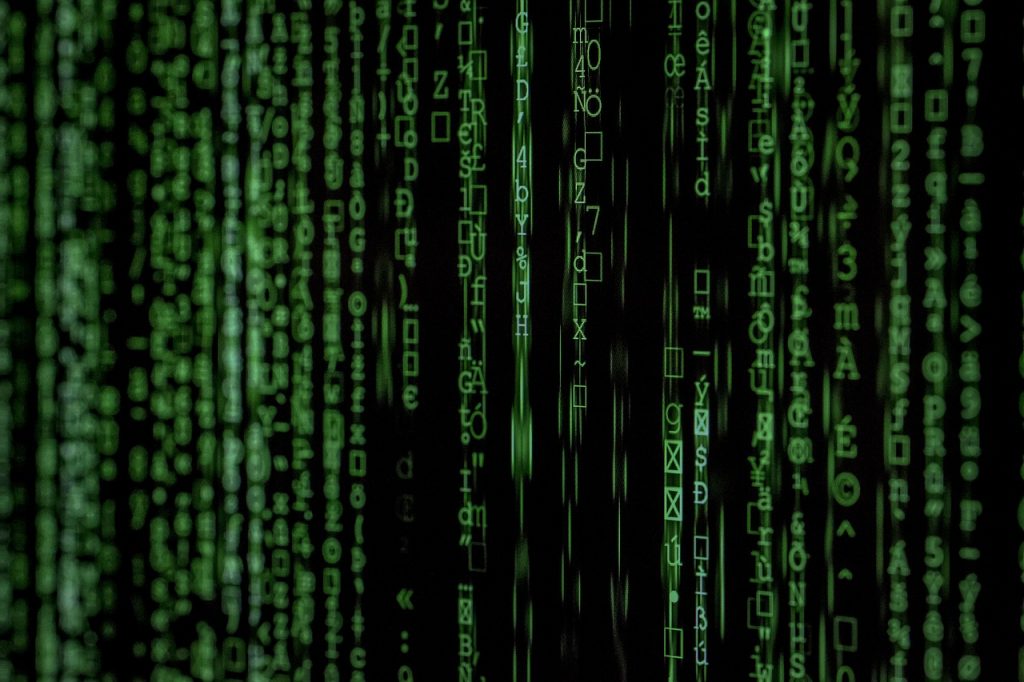Malware Is Making People Think They Have Jobs?
Malware is making people think they have jobs when they don't, here's how.
This article is more than 2 years old

Fraudulent messages about hiring have been recently located on certain websites on the internet. If you’re a user of DeviantArt and Pixiv, you might have seen an inbox message about potential lucrative opportunities. These offers have apparently come from unknown actors trying to collect valuable information through a dubious link.
These fraudulent attempts are called infostealer trojans, where the perpetrator is intentionally looking to steal personal information from a user’s computer. Disguising the message as a job offer allows for these links to be sent without antivirus software eliminating them. Once the link is opened, hackers can look through passwords and information stored in a user’s browser, like credit card numbers and email verifications.
To ensure that a job offer you’re receiving isn’t a piece of malware, make sure to read the message’s contents. The infostealer trojans are currently sending out messages that discuss the involvement of NFT projects. Hackers have been flocking to NFT trading since the tokens are highly profitable and only monitored through online blockchains. As these pieces of virtual artwork gain immense value, hackers have tried to swipe them through various malware and techniques. Anyone should be cautious when receiving a message regarding working on an NFT collaboration.
As you continue reading this specific offer, you’ll see that the message requests your CV or resume. The message comes with a link that apparently holds many NFT artwork examples. The fraudulent link in question will take the opener to a password-protected RAR archive called ‘Cyberpunk Ape Exemples (pass 111).rar. The file opens up to pictures of artwork, seemingly innocuous at first. But within the folder, there’s a well-hidden piece of malware disguised as an EXE file. Though appearing like another image containing NFT artwork, this is the file that contains the insidious malware.
If you received this message through DeviantArt and Pixiv, you’re likely knowledgeable about NFTs and their rise in popularity. For those unfamiliar with DeviantArt, the site started as a graphic design illustrator for novices and experts alike. The free website was utilized in the mid-2000s to circulate artwork around the globe. Now, DeviantArt is the essential website for workshopping new NFT artwork. This has caused many problems for the website since an increase in artwork stealing has occurred on the platform. This pushed DeviantArt to enroll new protections for artists, hoping to undermine the swiping of users’ precious artwork.
Receiving a job offer regarding NFT on DeviantArt isn’t entirely out of left field, which is why this malware is more cunning than usual. Though this malware can extract all kinds of private information, it’s assumed that these hackers most likely want to infiltrate a cryptocurrency wallet. Since there’s a lot of crossover between DeviantArt users and NFT owners, this malware is expected to look for crypto passwords instead of other valuable information.

Users must always be cautious when opening emails, messages, and links that seem suspicious. With these targeted NFT messages, it might be hard at first to differentiate what offers are legitimate and which ones are a scam. If you are on DeviantArt and get a message pertaining to an NFT collaboration or project, it’s imperative to be discerning when opening the provided link.





